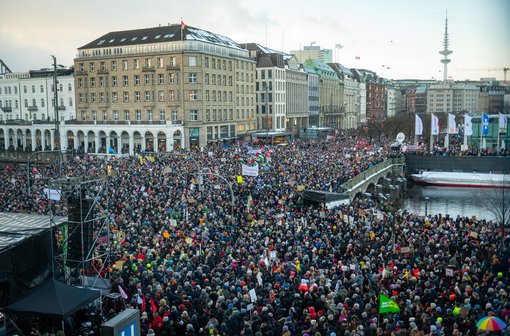The Charter of Paris marked the end of the Cold War and the division of Europe. It was signed in Paris on 21 November 1990 as the final document of the CSCE Special Summit Conference by 32 European countries as well as the United States and Canada. On 8 September 2020, the IFSH and the Foreign Office organized the virtual round table “30 Years Charter of Paris: Lessons for Pragmatic Cooperation in the OSCE Area” to commemorate the 30th anniversary of the charta.
The panellists, i.a. Prof Dr Andrei Zagorski and Stephanie Liechtenstein, focused on the strengths and weaknesses of the Charter of Paris and the zeitgeist from which it emerged. They highlighted the most important aspects of the current situation in the OSCE and offered proposals for reforming the Organization as a whole and adapting it to changing needs. In the second part of the event, the lively and interactive discussion with video participants included a number of additional questions: Viewed from today’s perspective, was the Charter a naïve document? Is there a tendency in the West to work towards a union of democracies rather than multilateral organizations? Is a meaningful pan-Europe possible in the absence of common standards? And how can we adopt a common position on the pressing questions of arms control?
Over 110 participants from more than 25 countries, including representatives of OSCE delegations, institutions and field operations, other international organizations, and academia, including members of the OSCE Network of Think Tanks and Academic Institutions, actively participated in the two-hour Zoom event.
Watch the video recording of the virtual round table (Part 1: discussion with the speakers)




